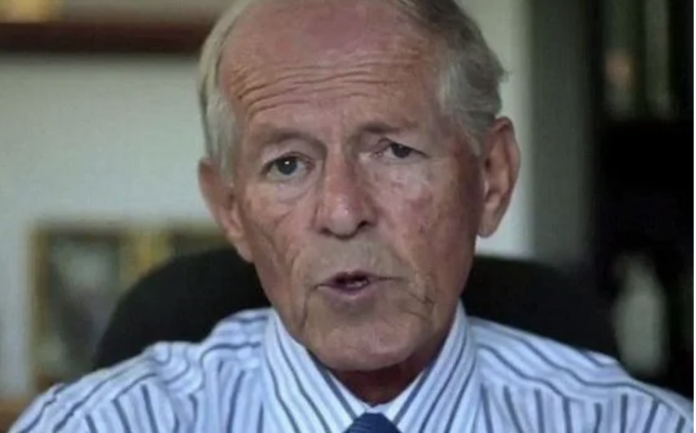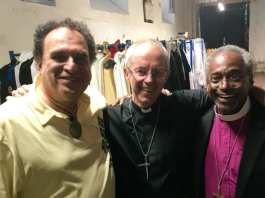“Nobody can say it is not my fault. It is so absurd,” Archbishop Welby said. “To say, ‘I have heard about a problem but it was someone else’s job to report it’, that is not an acceptable human response, let alone a leadership response.
“If you know a child is being abused, not to report it is simply wrong, for every human being.” IICSA, 20 March 2018.
“These victims are rightly concerned that no one appears to have faced any sanction yet, when it is clear a number of Christians, clergy and lay, were made aware of the abuse in the 1980s and many learned in subsequent years. I have not yet received a list of names. I am told by Survivors that some facilitated Smyth’s move to Africa. I have made it clear that the National Safeguarding Team will investigate every clergy person or others within their scope of whom they have been informed who knew and failed to disclose the abuse.” Justin Welby, 20 May 2021.
I am a victim of John Smyth QC. It is recorded in Bleeding for Jesus, by Andrew Graystone, that multiple people, “Christians, clergy and lay” knew of the abuse by John Smyth in the 1980s. I know the names of some who provided references for him to move to Africa. I have also read the draft Makin Review (under embargo) and read that 10 Bishops and three Archbishops had received the disclosure of his abuse by August 2013, including of course Justin Welby. And those are just the ones that Keith Makin has been able to identify.
I have less of a beef with those who knew in the period after February 1982, when the abuse was uncovered, and this is not the focus of this blog. Smyth was stopped pretty quickly, and multiple efforts were made to find him a new home. My complaint about that period is that he could just set up boys’ camps again in Africa, with no supervision, no oversight, no intervention, despite so many being aware of his earlier abuse. Pretty soon a large number were told of further abuse. But, as I said, that period is not my focus.
My problem concerns 2012 (when I came forward) and 2013, by which time safeguarding rules were codified, a nascent NST existed, and when Smyth should have been stopped and brought to justice. By 2013, the full horror of the abuse was plain to see.
So, what do I make of the 2021 statement by Justin Welby, and what he meant by that: or at least what he thought he meant by that: “I have made it clear that the National Safeguarding Team will investigate every clergy person or others within their scope of whom they have been informed who knew and failed to disclose the abuse”? Was it an echo, a reiteration, of his IICSA comments, or was it just because he could hardly say anything different ?
And my worry is that I suggest he did think everyone who failed in 2012-13 would be “investigated”. The outside world, we victims, General Synod members, would all say “of course they will be investigated, that is obvious”. Yet, I think he so ignorant of practice on the ground by the National Safeguarding Team (NST), or so badly briefed, that what he actually said meant nothing of the sort.
Keith Makin and NST have had the names for years, since 2017 at least. Keith Makin has under his Terms of Reference, “referred upstairs” where he believes people have failed. Yet, there is silence, inaction. We have no visible evidence of CDMs, we have no visible evidence of the removal of PTO from anyone. There has been a comment “wait for Makin” (and this was the answer from Justin Welby, when challenged directly whether he did fund John Smyth in Africa). But why? The Makin Review is an independent review, and the Church of England could do what they did to the Elliot Review: trash it, and say “he is independent, so we do not have to follow his recommendations”
But why wait? The NST and the CofE have all the evidence they need to start their own investigation and disciplinary processes. Read it all in Via Media News.



